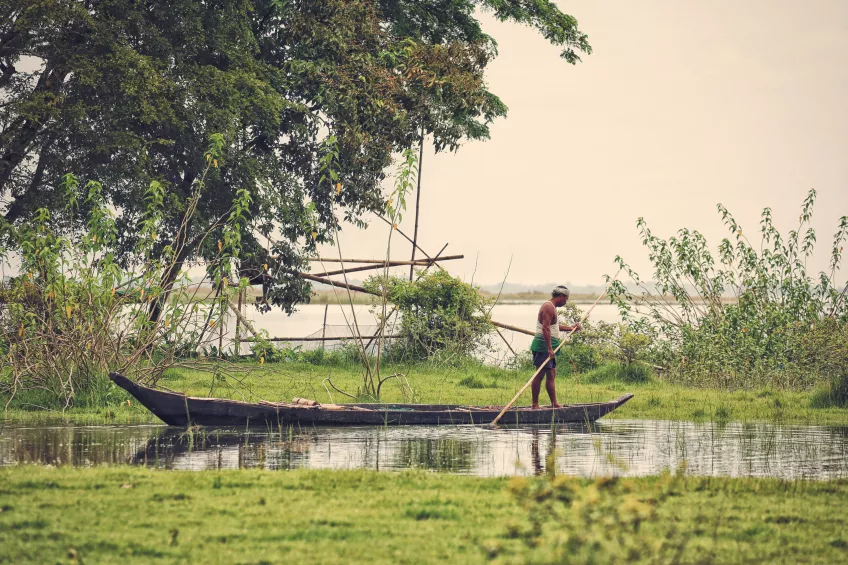Biocultural diversity and environmental justice
Key research area
The current climate and biodiversity crises are deeply intertwined with complex social, cultural and economic processes that also cause injustices around the world. Protecting ecosystems and the diversity of species that live in them cannot be separated from an understanding of the underlying factors driving climate change, biodiversity loss and the social injustices people experience.
At LUCSUS, we study the role people play in protecting ecosystems and biocultural diversity and how local threats to the environment are connected to social and economic processes, for instance the production and trade of commodities that are causing deforestation and biodiversity loss.
Colombia in focus
The geographic focus of our research is Colombia, a global biocultural hotspot of diversity. We are particularly interested to understand how the country’s peacebuilding processes affects the environment and local communities. Moreover, we study how local indigenous knowledges can support biodiversity and enhance the sustainable use of tropical forests for the wellbeing of people and the environment.
What is biocultural diversity?
Biocultural diversity emphasises the inextricable link between cultural and biological diversity and the role of people in contributing to the diversity of ecosystems and landscapes and vice versa, how biological diversity influences culture and shapes cultural diversity.
